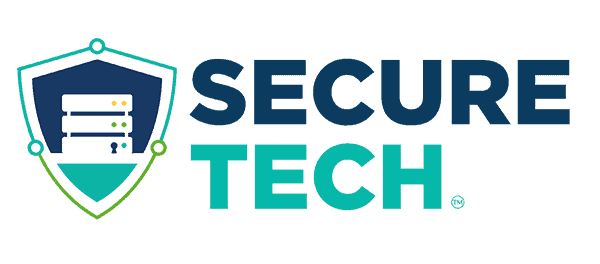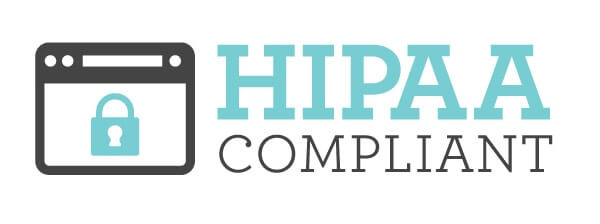HIPAA compliance is more important than ever. More than 90% of consumers believe companies should do more to protect their privacy. Indeed, there is an increasing awareness of risks linked to personal data, and with good cause. In fact, in 2020, over 155 million records were exposed.
What happens when medical records leak? Besides the loss of privacy, Patients have to worry about identity theft. This type of crime went up by 113% in 2019 alone.
In addition, there is a growing illegal market for stolen data. Criminals can purchase stolen PayPal credentials for $1.50 on average on the dark web. Medical records fetch an even higher price. Hackers go after these records because they sell for up to $1,000 a piece.
Thus, ensuring cyber security is the first step toward security rule compliance . However, you should also know that hackers are only one of the many risks to watch out for.
Individual compliance plans are key because violations can occur in a number of settings. For instance, a physician can discuss a case with someone who isn’t authorized. Or, messages or emails without proper encryption can cause a breach. Physical access to a server room or computer can also result in violations.
HIPAA compliance should be a key process for any healthcare organization. Besides preventing fines, it creates an environment of trust. At SecureTech, we have a long track record of helping organizations with HIPAA compliant phone services. We are here to help you, and that starts with understanding the basics of HIPAA.

